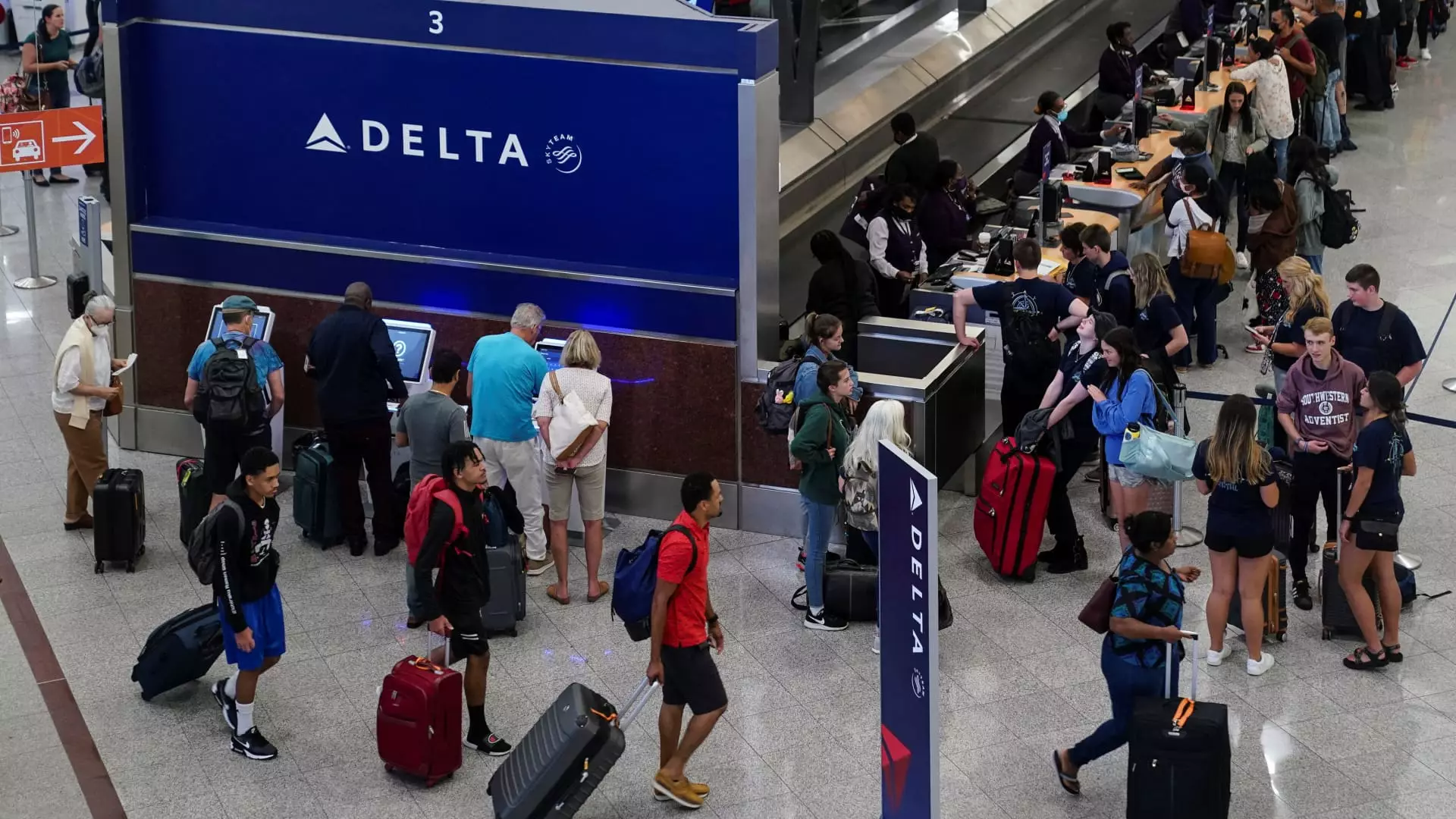The aviation industry is currently facing a series of safety issues that have brought it into the spotlight. From high-profile incidents to regulatory scrutiny, airlines have had their fair share of challenges. Despite these obstacles, airline executives maintain that there is no sign of slowing demand for flights. United Airlines is expected to carry record numbers of travelers this summer, with Chief Commercial Officer Andrew Nocella expressing confidence in the strong demand. Delta Air Lines CEO Ed Bastian has also shared a positive outlook, reporting a record spring and summer travel season with a high volume of sales.
The aviation industry has been under increased public and regulatory scrutiny following a series of safety incidents. These incidents have ranged from door plug issues on Boeing 737 Max 9 planes to tires falling off older Boeing 777s. This has triggered safety reviews and investigations, impacting not only the airlines but also aircraft manufacturers like Boeing. Despite these safety concerns, the demand for air travel remains resilient, highlighting the willingness of customers to continue flying.
While airlines are facing challenges such as higher fuel and labor costs, they are also witnessing positive market trends. The demand for international trips and corporate travel is on the rise, contributing to the success of global carriers like Delta and United. These airlines have seen an increase in premium revenue, with customers willing to pay extra for first-class and other upgraded cabins. In response to this trend, airlines are focusing on innovation and providing more choices for passengers, including segmented cabin options and enhanced services.
Looking ahead, the future of airline travel seems to be focused on offering increased comfort and luxury for passengers. Airlines are investing in upgraded first- and business-class cabins, as well as expanding lounge facilities to accommodate the growing number of travelers seeking premium services. Delta, United, and American Airlines are all making efforts to cater to the needs of high-paying customers, whether through elite status programs or exclusive rewards for frequent flyers. Despite challenges such as limited airplane availability and higher costs, airlines are optimistic about the future of air travel and are committed to meeting the evolving demands of their customers.
While the aviation industry may be facing safety concerns and operational challenges, the demand for air travel continues to be strong. Customers are willing to pay for premium services and airlines are responding by investing in innovation and improved amenities. As the industry moves forward, it will be crucial for airlines to maintain a balance between safety, profitability, and customer satisfaction to ensure a successful future for air travel.

